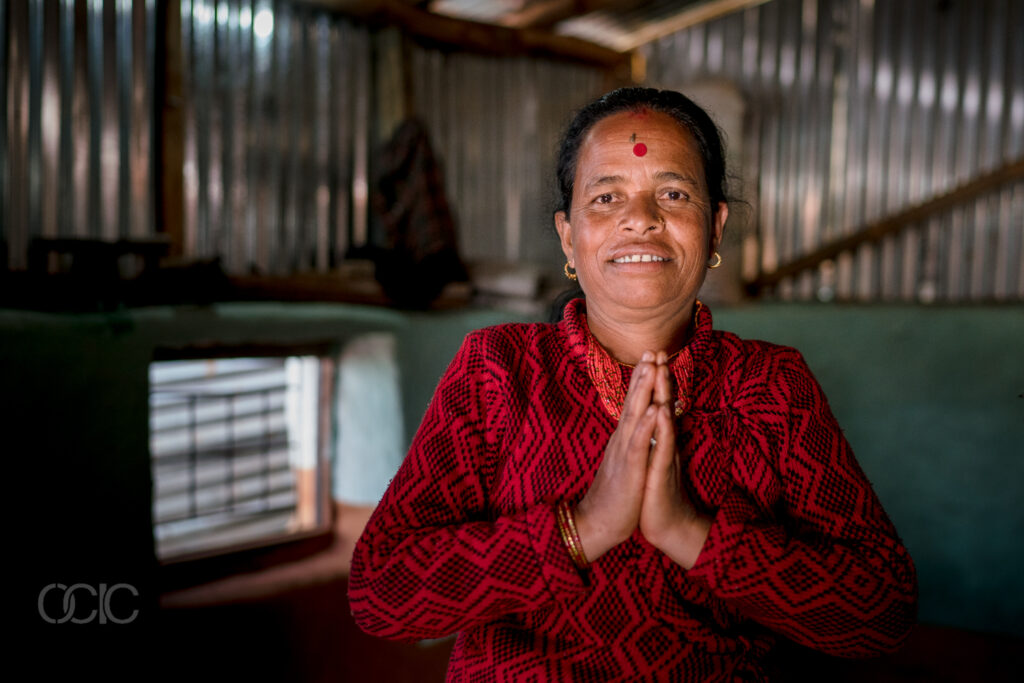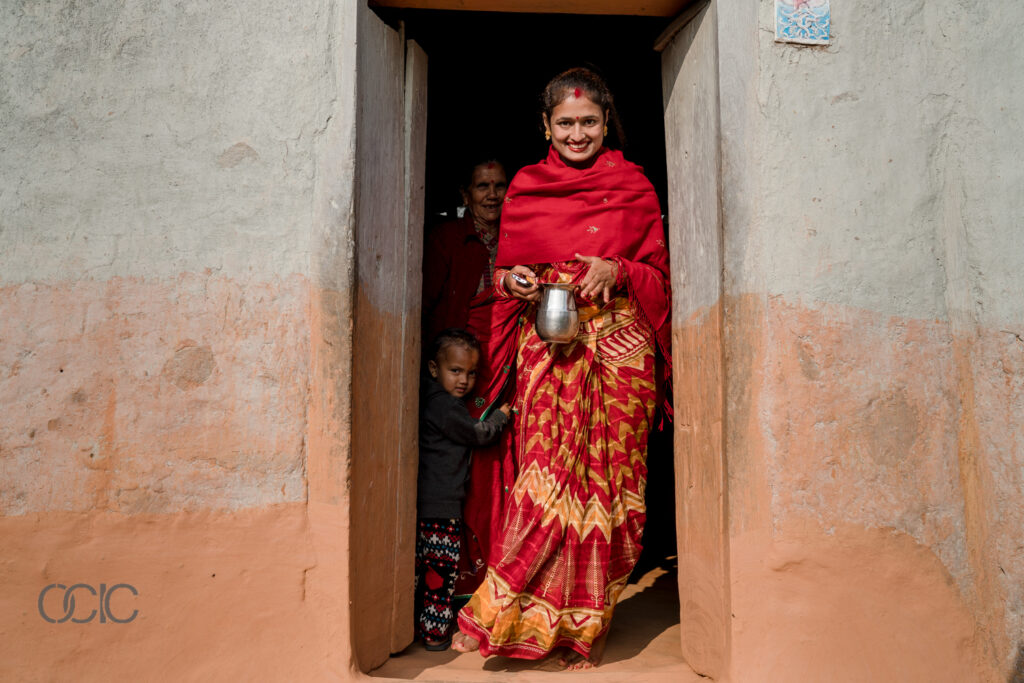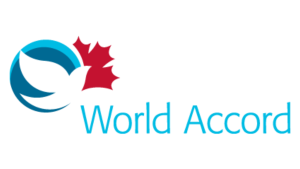
We aim to enhance social and economic empowerment of women and girls, especially from Dalit and most vulnerable groups. We will achieve this ultimate outcome by bringing a human rights-based approach to economic and social growth – focusing on climate change adaptation, enhanced performance of micro/small-scale enterprises, increased access to the products and services required by these enterprises, as well as on the social empowerment of women and girls enabling them to effectively engage in their communities.
This approach will strengthen their aspirations, confidence, decision-making autonomy, and leadership while also promoting a strong sense of community inclusion and sisterhood. We expect that this will result in positive choices, allowing women and girls to increase their enjoyment of their human rights. Furthermore, capacity-building by our local partners will enable them to increase women’s and girls’ participation and leadership in community decision-making while better promoting and advancing human rights and gender equality.
Support the program

